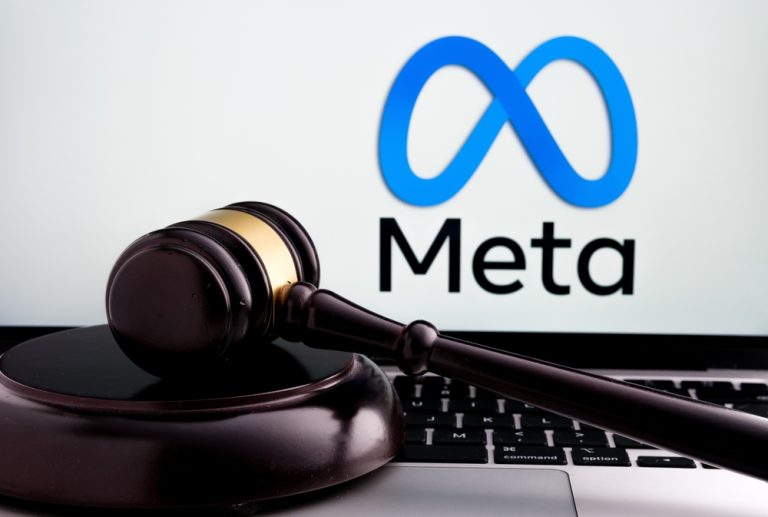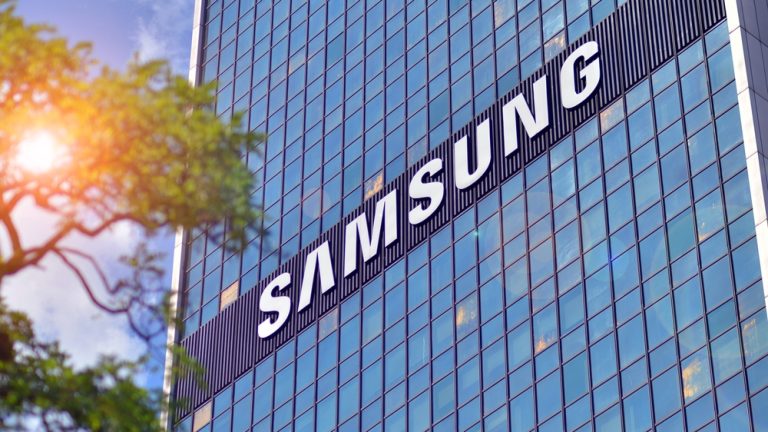Epic Games, the creator of the popular game “Fortnite,” has won significantly in its antitrust lawsuit against Google. The lawsuit challenged the legality of Google’s Play app store operations, accusing it of functioning as an illegal monopoly. This landmark ruling, if upheld, could radically transform the app store industry.
The jury unanimously found in favour of Epic on all counts, concluding a trial that spanned over a month. Epic’s lawsuit alleged that Google suppressed competition and imposed exorbitant fees of up to 30% on app developers. The court is set to decide on appropriate remedies in January.
This verdict represents a significant setback for Google, which, along with Apple, manages one of the largest app stores globally. The implications of this ruling could empower developers, altering how apps are distributed and monetized.
Despite the verdict, Google plans to appeal. Wilson White, Google’s vice president of government affairs and public policy, emphasized their commitment to defending the Android business model and the broader Android ecosystem.
Epic CEO Tim Sweeney publicly celebrated the decision, denouncing the “Google Play monopoly.” The final arguments by lawyers for both companies occurred on Monday morning, and the judge directed the jury to reach a unanimous decision.
Epic’s accusations included Google’s illegal bundling of its Play store and billing service, forcing developers to use both for app inclusion. Though the Play Store contributes less to Google’s revenue than its search business, it holds significant symbolic value as the primary gateway to billions of mobile devices.
The ruling could compel Google to permit more app stores on Android devices and potentially reduce its revenue from in-app purchases. Epic’s statement highlighted that the verdict confirms Google’s illegal app store practices, which they claim stifle competition and innovation.
The trial also highlighted allegations that Google deleted texts and internal messages to hide anticompetitive actions. Epic’s attorney, Gary Bornstein, pointed out Google’s efforts to obstruct alternative app stores. Google, however, denies any wrongdoing, asserting robust competition in terms of price, quality, and security against Apple’s App Store.
Jonathan Kravis, a lawyer for Google, argued against the monopoly accusation, citing Google’s fee reduction to compete with Apple.
Before the trial, Google settled related claims with dating app maker Match and resolved antitrust claims by U.S. states and consumers under undisclosed terms. Epic’s similar antitrust case against Apple, filed in 2020, primarily resulted in a ruling favouring Apple, but Epic seeks to revive critical Supreme Court claims.
Epic’s suit against Google was triggered after “Fortnite” was banned for bypassing Play Store billing systems, a move Epic’s attorney described as a direct response to Google’s policies.
This verdict marks a pivotal moment in the tech industry, potentially reshaping the dynamics of app distribution and developer freedom. As the legal battles continue, the industry awaits the outcome and its far-reaching implications.























+ There are no comments
Add yours